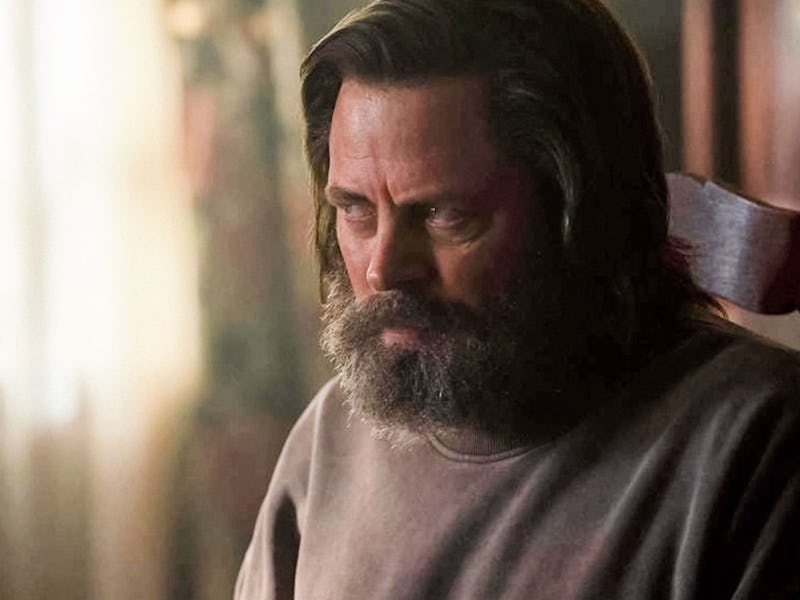The Last of Us Episode 7 Proves Episode 3's Worst Critics Are Wrong
Both major flashbacks in this series may not be narratively necessary — and that's just fine.

The Last of Us Episode 7 was a familiar story for some fans of the game, but not all. The episode, entitled “Left Behind,” was an adaptation of the DLC of the same name, which delivered a flashback to Ellie’s life before the events of the original game. (For the non-gamers, DLC stands for downloadable content and describes any expansions offered after a game has already been released.)
This unique connection to the main game puts the episode in an interesting place in relation to the rest of the episodes — especially Episode 3, which has been criticized for delivering a story some people argue was unnecessary to the main plot. But by taking a somewhat similar approach, Episode 7 of The Last of Us proves that Episode 3 was just as integral to the story as anything else.
The Last of Us flashback episodes
Episode 7 followed a pre-Joel Ellie as she explored a mall with her best friend Riley.
Episode 7 of The Last of Us may seem like an irreplaceable chapter of Ellie’s story, but it was not in the original game at all. In the 2013 video game, we saw Joel get injured and then we followed Ellie as she attempted to take care of him months later in a chapter that will presumably make up Episode 8.
Instead, Ellie’s flashback was added later on in The Last of Us: Left Behind, released a year after the original game. This DLC bridged the gap between Joel’s injury and his recovery and, crucially, fleshed out Ellie’s backstory in a major way. It finally answers the question of how she got bit and discovered her immunity. But if you played the game without this chapter, the plot still made sense.
By that logic, you could watch the HBO adaptation, skip Episode 7, and not miss out on any essential information. This was also a major critique of Episode 3, “Long Long Time,” which followed Bill and Frank through decades of their life. It was a hauntingly tragic love story, but narratively the episode only served to give Joel and Ellie a car.
But neither of these episodes is thematically superfluous. Episode 7 establishes Ellie’s sexuality, her troublemaking past, and her history with the Fireflies and Infected. Episode 3 explains why Bill and Frank’s story is a harsh lesson for Joel about what happens when you care for someone else. It’s a turning point for Joel as he slowly lets Ellie into his life.
Just because these episodes are not narratively necessary doesn’t mean they’re not artistically relevant.
Working with The Last of Us source material
Episode 3 wasn’t technically needed in Joel and Ellie’s story, but it provided a lot of thematic resonance.
Both episodes have a lot in common aside from both being flashbacks with queer love stories. So why are the same people who hated Episode 3 not complaining now about Episode 7? Why is additional content created by Craig Mazin and Neil Druckmann sacrilegious, but additional content created by Naughty Dog and Neil Druckmann sacred?
Because The Last of Us is so faithful to its source material, any deviation is under a microscope. Just look at the addition of Melanie Lynskey’s Kathleen, who was met with derision and often misogyny by fans. Because it’s been a decade since the original game, Left Behind has been folded into the narrative even though it originally was the first of these additions. It’s exempt from the usual criticism purely through time.
Perhaps given enough time, even the angriest Last of Us fans will come to accept the story of Frank and Bill as crucial to franchise canon. But in the meantime, Episode 7 proves that just because you can cut out an episode without unraveling the entire plot doesn’t mean it’s not serving an even more important purpose to the bigger story.
The Last of Us Episode 7 is now streaming on HBO Max.